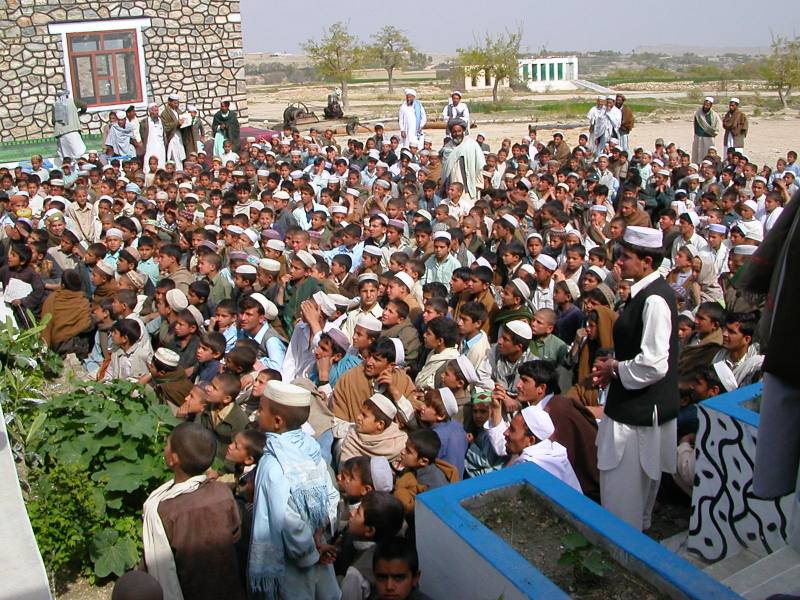The National Directorate of Security (NDS), Afghanistan’s intelligence service, spokesperson claims that a Pakistani intelligence officer helped the Taliban carry out an attack on parliament earlier this week, which claimed the lives of two people and injured 30 more. The allegations are serious and are a jarring note in an otherwise straightforward narrative of increasing cooperation between Pakistan and Afghanistan.
The allegations do not hold the ISI as the perpetrator, but merely claim that the attack was masterminded on Pakistani territory and was supported by a singular ISI officer – who may have been operating on his own. Yet, this public insinuation represents a much more serious concern. The solution to the Taliban problem is taking longer than the Afghani people anticipated, and as the death toll mounts so does the frustration. In this environment the fractured and strained unity government in Afghanistan is coming under increasing pressure, with the blame inadvertently falling on Ashraf Ghani’s advances towards Pakistan, against whom the seeds of mistrust were laid by the Karazai government.
The notion of an ISI sponsored attack in Afghanistan is both illogical and counter-intuitive; Pakistan and Afghanistan have both expressed nothing but friendly sentiment in all diplomatic correspondence, their militaries are running a coordinated operation against militants on the Durand line and their intelligence agencies are cooperating on unprecedented levels – which involve information and access to captured suspects. Furthermore, Pakistan has facilitated a negotiated solution between the Taliban and the Afghan government consistently; organising negotiations in Qatar and China amongst other places. Both nations have lost countless lives to militancy and are losing more every day. Even prima facie, undermining Afghanistan seems counterproductive. Yet the NDS has made a public accusation, which comes amidst an environment of increasing scepticism of Pakistan – fostered by pro-Karazi elements and the opposition. Letting such claims fester will be detrimental to Pak-Afghan relations.
With the Taliban breaking into decentralised factions, Pakistan has been unable to facilitate a lasting solution and compromises made by one faction are disputed by the other. The summer fighting season has led to a large number of causalities in the afghan security forces – which are fighting without US troops – and the attack on the parliament is the boldest attack yet. It is understandable that emotions run high at this point, as they did in Pakistan after the Peshawar attack, and in the absence of the actual perpetrators the culpability is bound to fall elsewhere. Pakistan must counter this build-up of resentment; it must cooperate with the NDS to bring the attackers to justice – even if it has to go beyond agreed commitments. Only by publicly showing its commitment to Afghan security can Pakistan reverse this build-up of mistrust, which was inevitable once the war caught up to the promises.
Friday, April 19, 2024
Addressing Afghan Concerns

China's EV tech offers opportunity for Pakistani auto industry
9:27 AM | April 19, 2024
PM calls for reforms to reduce circular debt
April 19, 2024
Pakistan, Turkiye to expand defence ties
April 19, 2024
20pc Discos employees involved in power theft: Minister
April 19, 2024
Five govt officials shot dead in D I Khan
April 19, 2024
Hepatitis Challenge
April 18, 2024
IMF Predictions
April 18, 2024
Wheat War
April 18, 2024
Rail Revival
April 17, 2024
Addressing Climate Change
April 17, 2024
Justice denied
April 18, 2024
AI dilemmas unveiled
April 18, 2024
Tax tangle
April 18, 2024
Workforce inequality
April 17, 2024
New partnerships
April 17, 2024
ePaper - Nawaiwaqt
Advertisement
Nawaiwaqt Group | Copyright © 2024





